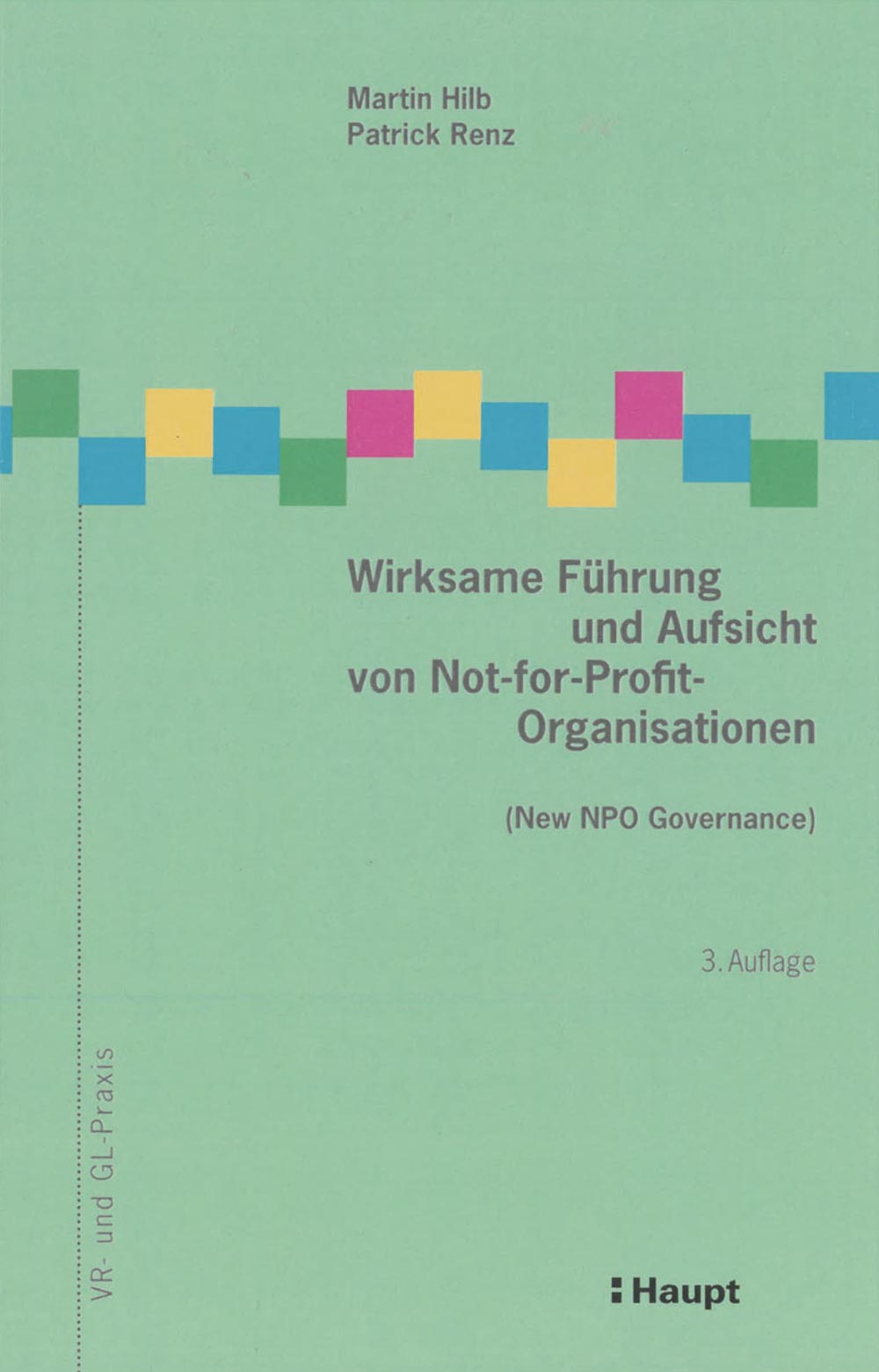
Purpose
The Global Guidelines on the Corporate Governance of Organizational Culture provide the Board of Directors (BoD) with guidance on how to govern organizational culture as a corporate asset so as to safeguard and enhance the overall success of the organization.
Scope
The guidelines cover guidance for the BoD on how to govern organizational culture by setting the following core principles:
The board should
- define the core message of the intended organizational culture,
- monitor and analyze the given organizational culture, and
- take measures to install or safeguard the intended organizational culture or to correct a dysfunctional culture.
The core principles focus on both
- the governance of organizational culture of an organization as a whole and
- the governance of boardroom culture.
Core Principles
Part I: Defining the Core Message of the Intended Organizational and Boardroom Culture
Process, content, and revision responsibility: The BoD is responsible for
- the process of defining the core message of the intended organizational culture,
- the content of the core message as a written formulation of the core values,
- the alignment of the core message with ethical and legal norms, and
- the timely revision and, when appropriate, adaptation of the core message as internal and external changes arise.
Content of the core message: The core message should provide fundamental information about the values and direction of the organization. The core message answers such questions as
- What are the main goals of the organization?
- Why are these goals worth pursuing?
- How are these goals to be achieved?
- Which values are to guide behavior, what is the range of appropriate behavior, and which behavior is unacceptable?
Aligning the content of the core message: The BoD ensures that the content of the core message is in line with national and international ethical and legal requirements, such as
- national laws,
- international laws, such as the Universal Declaration of Human Rights, and
- international ethical standards.
Part II: Monitoring and Analyzing a Given Organizational and Boardroom Culture
Monitoring organizational culture: The BoD ensures
- the regular monitoring, analyzing, and internal reporting on the status quo of the organizational culture and
- the formulation of explicit reporting standards and procedures to be followed by the management in order to ensure high-quality organizational culture reporting.
Monitoring boardroom culture: The BoD ensures
- the regular assessment of boardroom culture and
- the formulation of explicit reporting standards and procedures to be followed by the board so as to ensure high-quality boardroom culture reporting.
Part III: Taking Measures to Cultivate the Intended Organizational Culture
Making organizational culture a regular board agenda item: The BoD ensures the regular discussion of both organizational culture as a whole and boardroom culture by making it a regular board agenda item.
Oversight responsibilities of the board—organizational elements, processes, and responsibilities: The BoD ensures the identification of relevant organizational elements, the definition of processes, and the assignment of responsibilities for both organizational culture and boardroom culture.
Identifying relevant organizational elements: The BoD ensures the identification of both formal and informal organizational elements that are instrumental in cultivating the intended organizational culture and boardroom culture. Organizational elements to be considered may include
- leadership: the integrity and role model behavior of the Chairperson, CEO, members of the BoD and management, and informal influencers;
- formal rules and policies: organizational bylaws, strategic directives, value statements, codes of conduct/ethics, and policy manuals;
- processes of decision-making and prioritization;
- selection, orientation, performance review, reward, training, and succession planning;
- opportunity and risk management, compliance, whistle-blowing, and internal control systems;
- informal norms of behavior and interaction;
- status symbols; and
- communication: formal and informal communication, heroes, and myths.
Defining instrumental processes: The BoD ensures the definition of processes that are instrumental in cultivating the intended organizational culture and boardroom culture. Process elements to be considered may include
- specifying the core message of the intended organizational culture for specific organizational elements;
- identifying gaps in alignment of the status quo with the intended organizational culture;
- identifying gaps in alignment of the status quo with national and international legal and ethical norms*;
- defining and executing actions for improvement; and
- monitoring the success of actions taken.
Assigning responsibilities: The BoD ensures the assignment of responsibilities for these processes in the relevant areas.
Application
The Guidelines provide a global cross-sectoral perspective and serve as a basis for adaptation based on industry, organization type, and jurisdiction.
- Board Views
From Corporate Governance of Sustainability to Sustainable Corporate Governance
What is the best way to integrate sustainability into the corporate governance framework? Boards of directors have chosen two distinct paths: the functional way, which focuses on corporate governance of sustainability, and the foundational approach, which leads to sustainable corporate governance. This article assesses the merits and limitations of both approaches and calls for a transition to sustainable governance. This requires board members to engage regularly with stakeholders and to continuously debate the underlying assumptions to further develop the governance framework as required.
- Board Views
The Promise and Perils of Agile Governance
Agility as a leadership principle has gained enormous importance in recent years. Many companies proclaim agility as a new leadership culture that is better aligned to future opportunities and challenges. At the same time, companies must adhere to corporate governance principles, some of which conflict with agility principles. This article presents considerations for improving the compatibility of agile leadership principles with the principles of effective corporate governance.
- Board Views
From Corporate to Ecosystem Governance
Mastering ecosystems is increasingly seen as key to strategic value creation in highly dynamic environments. The role of governance has become a key differentiator between organizations that win or lose from the ecosystem game. This article discusses the importance of governance to the successful creation, development, and growth of ecosystems and presents eight challenges to be addressed along the ecosystem lifecycle. It continues with a taxonomy of ecosystem governance that provides a menu of effective governance mechanisms to address these challenges. The article concludes with advice on how best to manage the transition from a corporate governance to an ecosystem governance focus.
- Board Views
Mission Accomplished? The State of Digital Governance
Five years ago, I invited a number of thought leaders to reflect with me on the role of the board of directors in the face of digitalization. The result was a collection of twelve perspectives on the governance of digitalization (Hilb 2017). Where are we now, five years, one pandemic, and perceived thousands of articles on digital governance later?











